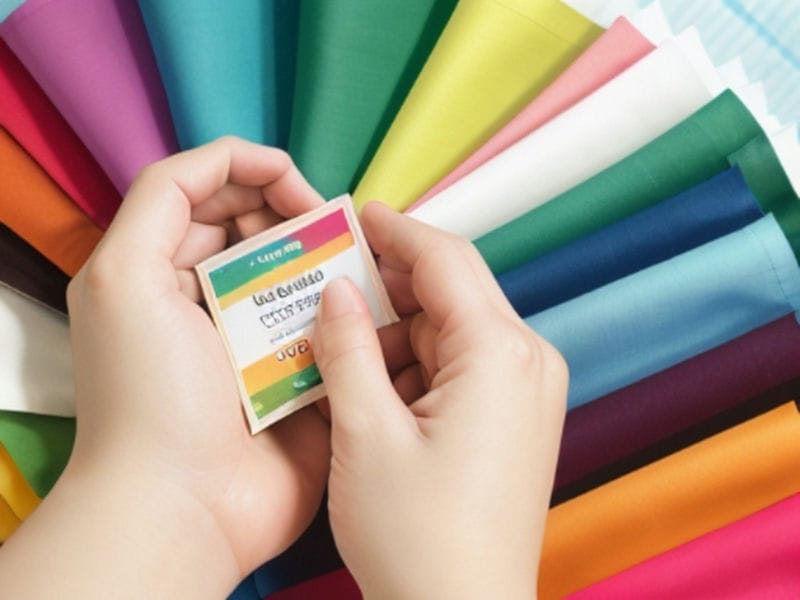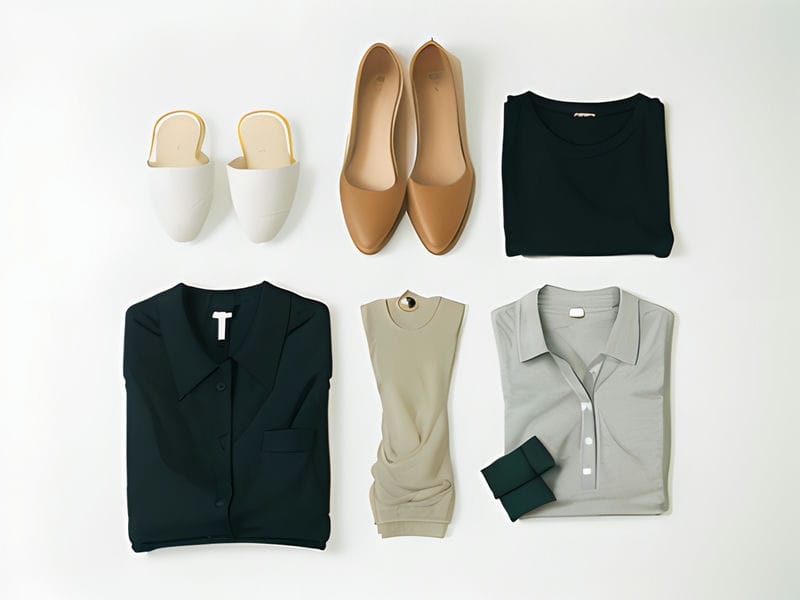
Explanation of what fair trade is and its principles
How Local Manufacturing Supports Sustainable Fashion
Local manufacturing plays a crucial role in promoting sustainability within the fashion industry. By producing clothing and accessories closer to home, companies can reduce their carbon footprint by decreasing the need for long-distance transportation of goods.
How Local Manufacturing Supports Sustainable Fashion - Mini Dress
- Free
- Pants Cacao
- Mini Dress
Additionally, local manufacturing often allows for greater transparency and oversight in the production process. By being able to visit factories and workshops more easily, brands can ensure that ethical labor practices are being upheld and that environmental standards are being met. This level of accountability is essential in creating a more sustainable fashion industry.
Furthermore, local manufacturing can also help to preserve traditional craft techniques and skills that may be at risk of dying out in today's globalized market. By supporting local artisans and craftsmen, brands can help to sustain these valuable cultural traditions while also creating unique and high-quality products for consumers.
Overall, local manufacturing is a key component of building a more sustainable fashion industry. Organic cotton is grown without harmful pesticides Zero-Waste Design Techniques for Eco-friendly Fashion Cork Fabric. Ethical labor practices ensure fair treatment of workers Sustainable Fashion Innovations Eco-Friendly Dyes. By choosing to produce locally, companies can reduce their environmental impact, support local communities, uphold ethical standards, and preserve traditional craftsmanship. It is clear that embracing local manufacturing is not only beneficial for the planet but also for society as a whole.










